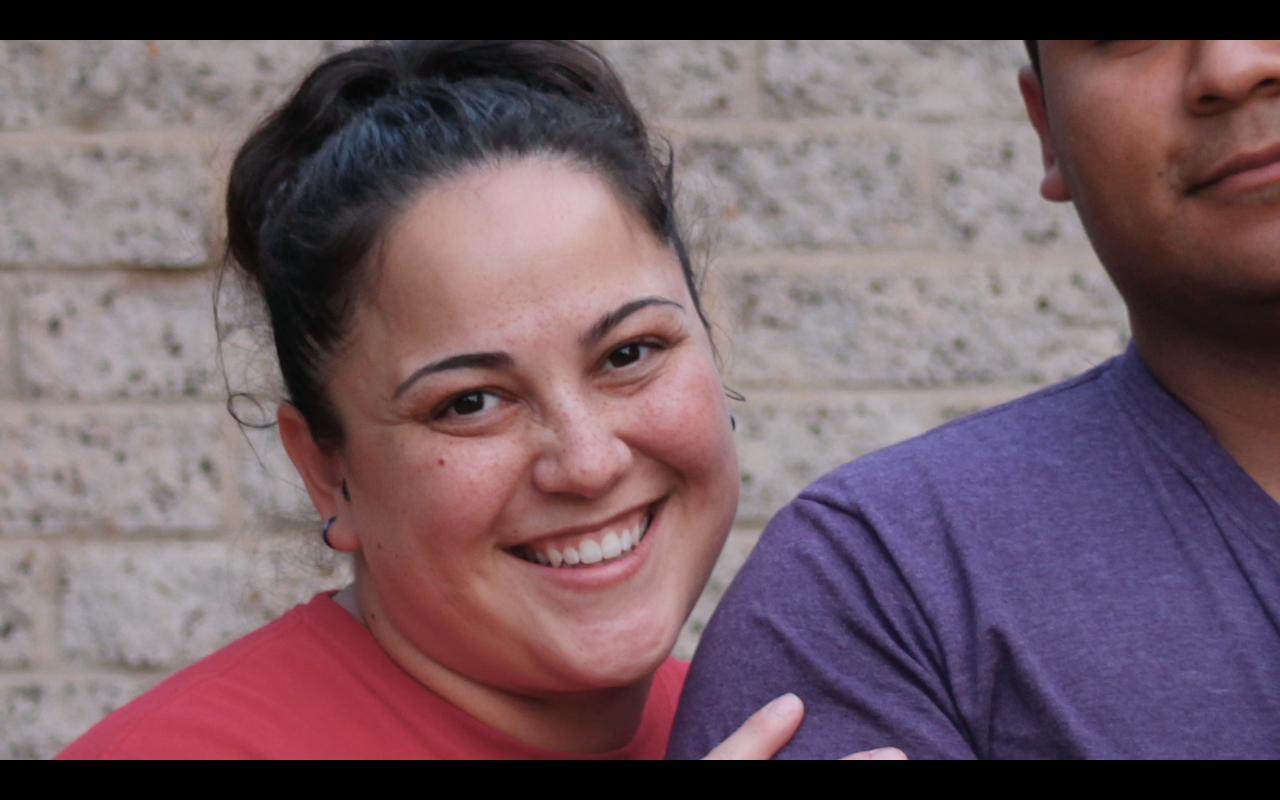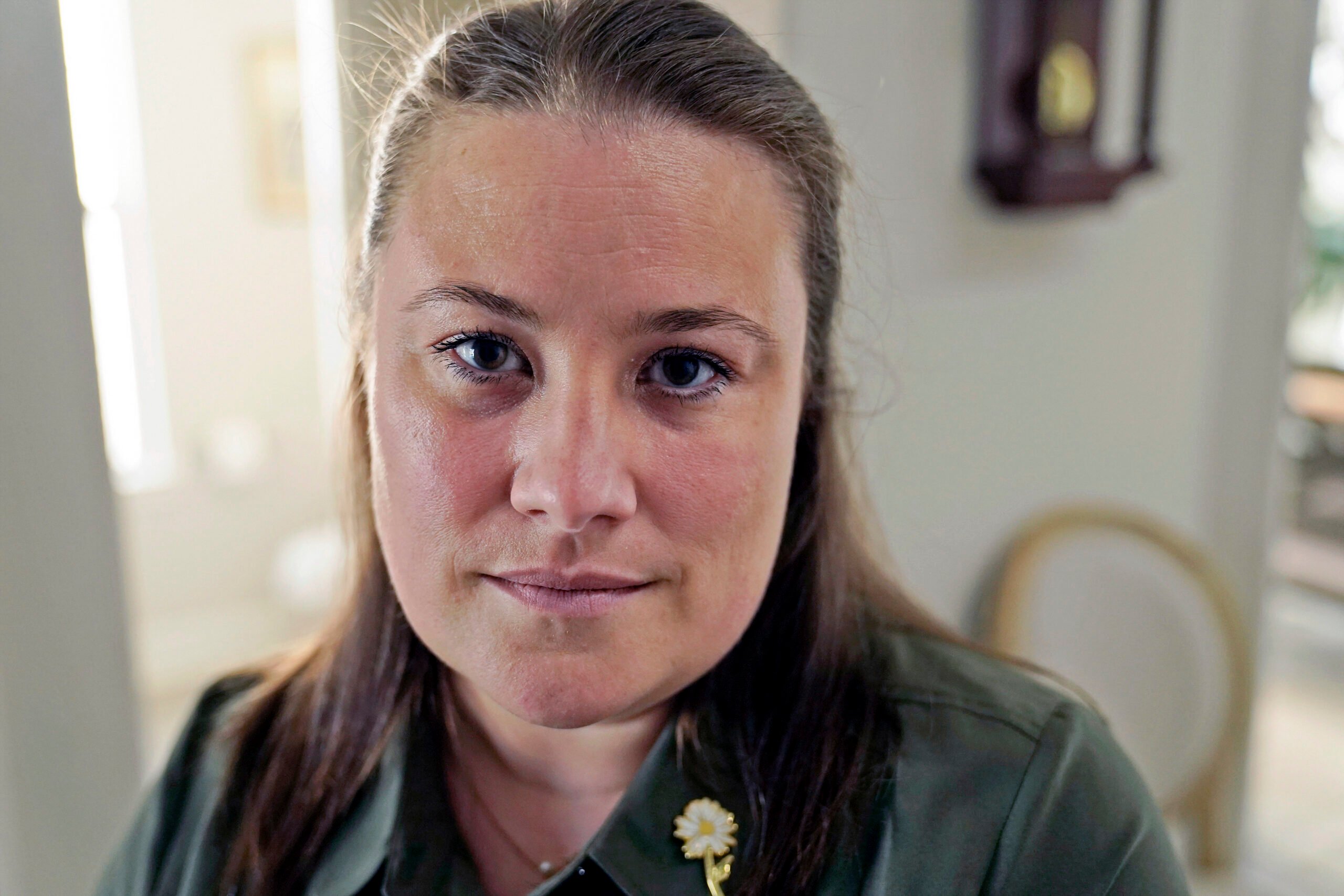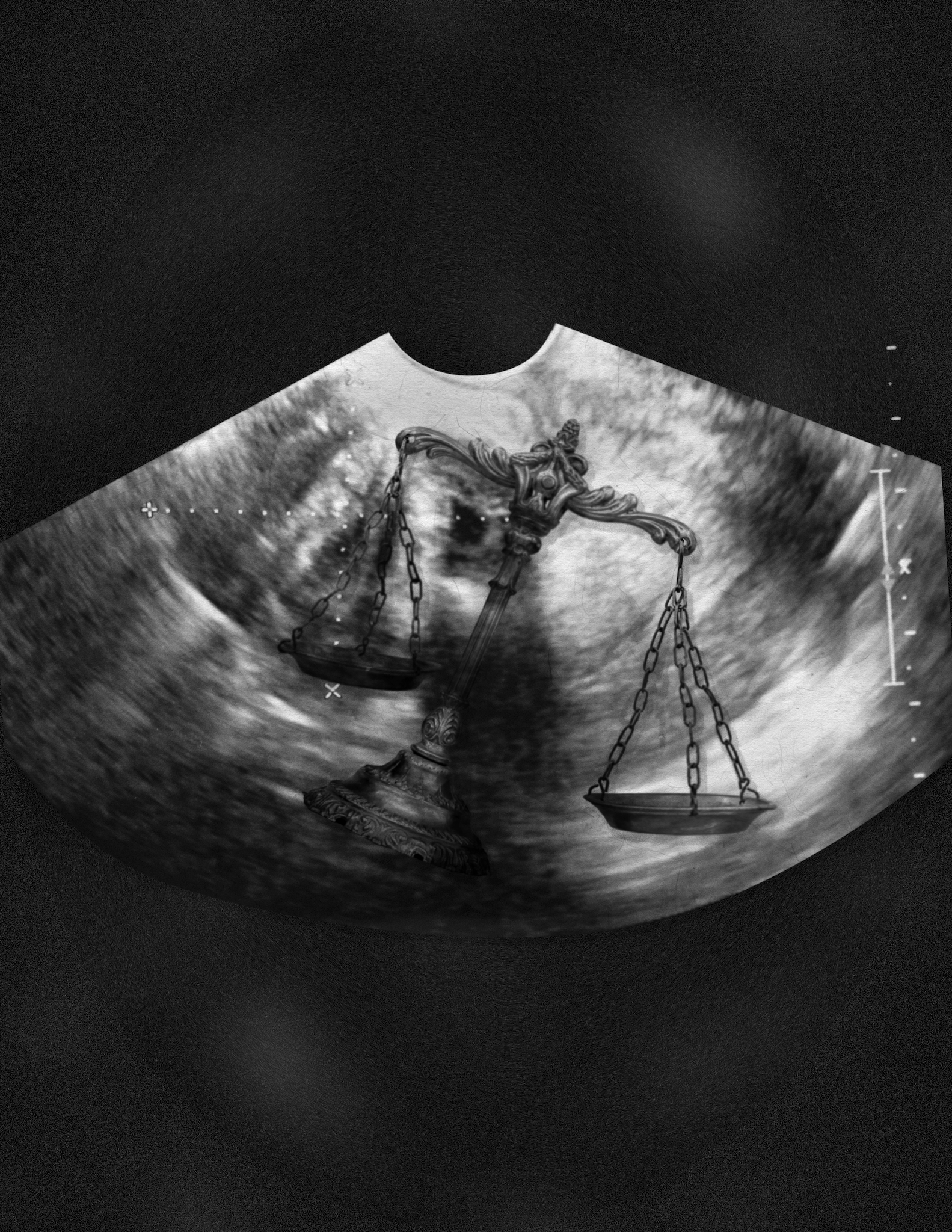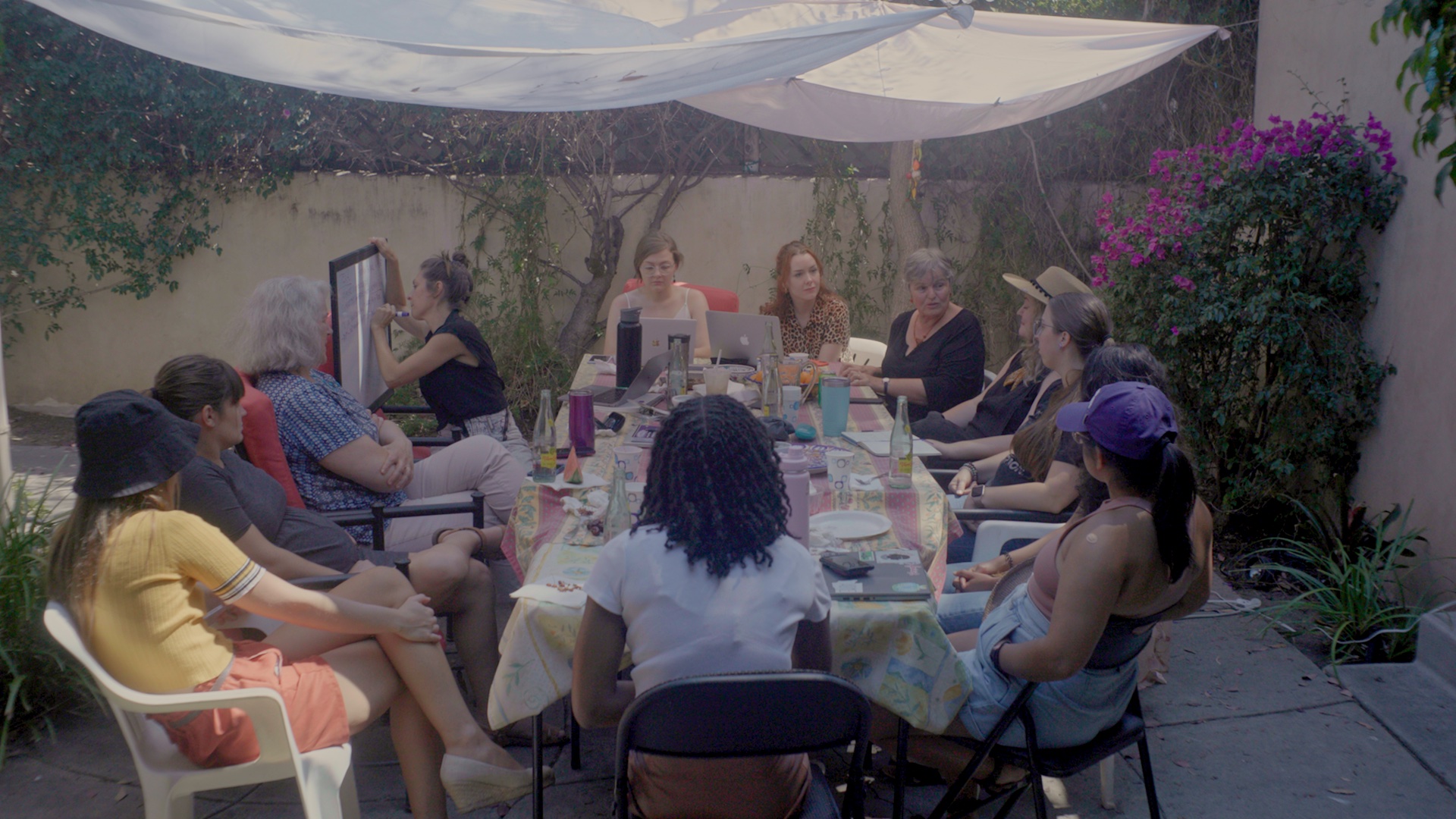
Documentary Follows a Family’s Fight to Change Texas Law that Turned Brain-Dead Pregnant Woman into an ‘Incubator’
62 Days is meant to bring attention to laws that “punish women and put them in extraordinary circumstances where their choices and autonomy are dismissed,” the filmmaker said.

For 62 days, Marlise Muñoz’s family was forced to watch as her body deteriorated. The 33-year-old paramedic had suffered a pulmonary embolism two days before Thanksgiving in 2013; by the time her husband found her facedown in the kitchen, her brain had been deprived of oxygen for more than an hour. Shortly after, she was declared brain-dead at John Peter Smith Hospital in Fort Worth. Muñoz’s relatives asked for her to be removed from life support, citing her past statements that she would never want to be sustained via machines. But the hospital refused on the basis of a Texas statute that makes it illegal to “withhold or withdraw life-sustaining treatment from a pregnant patient.” Muñoz was 14 weeks pregnant with her second child.
Muñoz’s family spent the next two months battling the hospital to honor her wishes and “let her rest in peace.” All the while, her body grew cold and rigid. Her fingers began to break at the touch. Her skin became “like a wax doll” or “a mannequin,” her father later said. Her body was overcome by “the smell of death,” her husband wrote in court filings. To prevent infections, hospital staff placed Muñoz on a rotating bed — a contraption that her mother called “the most barbaric thing I’ve ever seen in my entire life.” The movement caused her eyelids to flutter open, so doctors taped them shut. When the family refused a tracheotomy, the hospital performed one anyway, her mother told the Observer. When they refused a feeding tube, the hospital inserted one anyway.
Muñoz’s story drew international media attention even before her family sued the hospital, eventually winning a court order in January 2014 that directed physicians to remove her from life support. The judge said that the Texas law didn’t apply in Munoz’s case because since she was deceased, she was not a pregnant patient. The headlines largely faded soon after, even as Muñoz’s mother, Lynne Machado, worked with the ACLU to draft “Marlise’s Law” to remove the pregnancy exclusion. Now, a half-hour documentary to be screened by the ACLU Thursday evening in Austin seeks to refocus attention on Muñoz’s story and the law that’s still on the books in Texas — with similar measures in 31 other states.

62 Days is an intimate look at Muñoz’s life and the weeks and months after her death. It follows her parents and husband, Erick, in their homes as they care for her 1-year-old son, Mateo, just after Muñoz was removed from life support. Another scene shows the family’s first trip to testify at the Capitol in 2015. Filmmaker Rebecca Haimowitz shot the film over the course of a year, as the family came to grips with the idea that their beloved daughter and wife became secondary, in eyes of the state, to the 14-week fetus inside her that had next to no chance of survival. “The whole idea was bizarre — that they could take a dead woman and use her as a host to be an incubator for a fetus,” Muñoz’s father, Ernest Machado, says in the film.
This idea of pregnant patient as “host” is a familiar one in Texas. Just last week, attorneys for the state argued in court in defense of a fetal burial law that providers need not get patient consent if the requirement distresses them. They argued that the law requiring the burial or cremation of fetal remains following miscarriages and abortions “expresses the ‘profound respect for the life of the unborn,’” then called as witness an Austin OB-GYN who has referred to pregnant women as “host organisms.”
“The whole idea was bizarre — that they could take a dead woman and use her as a host to be an incubator for a fetus.”
Through 62 Days, Haimowitz wanted to bring attention to laws that “punish women and put them in extraordinary circumstances where their choices and autonomy are dismissed,” she told the Observer.
Meanwhile, Machado and Haimowitz say the controversy has been wrongly framed as an abortion issue, particularly in the Republican-controlled Texas Legislature. As Muñoz’s family advocated at the Capitol to remove the exception for pregnant patients, far-right Republicans proposed legislation the last two sessions to strengthen it, specifically prohibiting hospitals from removing pregnant patients from life support even if they are brain-dead. A bill proposed by state Representative Matt Krause, R-Fort Worth, in 2015 would’ve required an attorney be appointed to represent the fetus in such cases in court.
“Marlise’s Law” did not make it out of committee in 2015 or 2017, but Machado said she hasn’t given up hope. She’ll be back at the Capitol again next spring and is already brainstorming new strategies that might get through to lawmakers this time around. “I wouldn’t wish this on anyone,” Machado told the Observer. “I will fight to get this law changed until the law is changed or until I take my last breath.”


